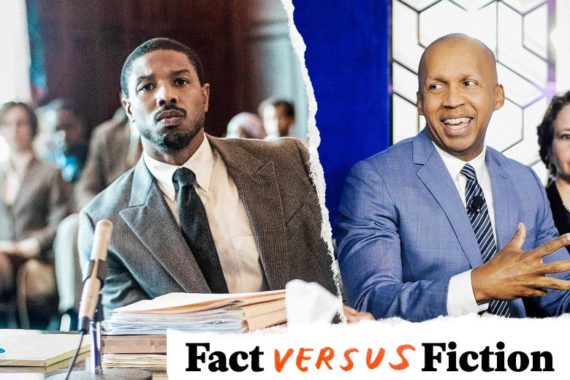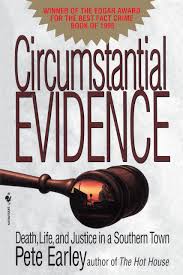
Photo credit: The Atlantic Magazine
(2-3-20) An email from a mother raises two important issues. What happens when you need medications to remain stable but those same medications are hurting your overall health? How do aging parents protect the future of an adult child with a serious mental illness and intellectual disabilities?
Dear Pete,
Our son lives with us, and always has. In his early teens, he was finally diagnosed as having Bipolar-1 disorder although we are fairly certain he had been struggling with its onset as early as 2nd grade.
His condition became progressively worse with age. By his late 20’s, after several very traumatic and severe manic episodes, he spent a week in a local hospital’s behavioral health unit in Virginia. I spent weeks looking for a community support system and searching for a psychiatrist after he was discharged. My search was difficult because of HIPAA. I was told our son was over 18 years old and, therefore, it was up to him, not us.
Desperate, I finally convinced a sweet, compassionate, Office Manager named Chris to plead my case with Dr. James Dee, who was not accepting new patients. I’m sure Pete that you recognize that name because he is the same psychiatrist who treated your son, Kevin. He was the best psych-pharmacologist we’ve encountered and we were devastated when he died recently. Dr. Dee got our son into our local Virginia Psych Rehab Services Day Treatment Program, which he attended for seven years. Dr. Dee helped our son come to terms with his mental illness and learn essential coping skills – especially anger management and the importance of getting therapy and taking meds.
Early on, we met with a lawyer to inquire about legal guardianship to protect our son when he experienced a manic state and was unable to make appropriate treatment decisions.
What happened?







